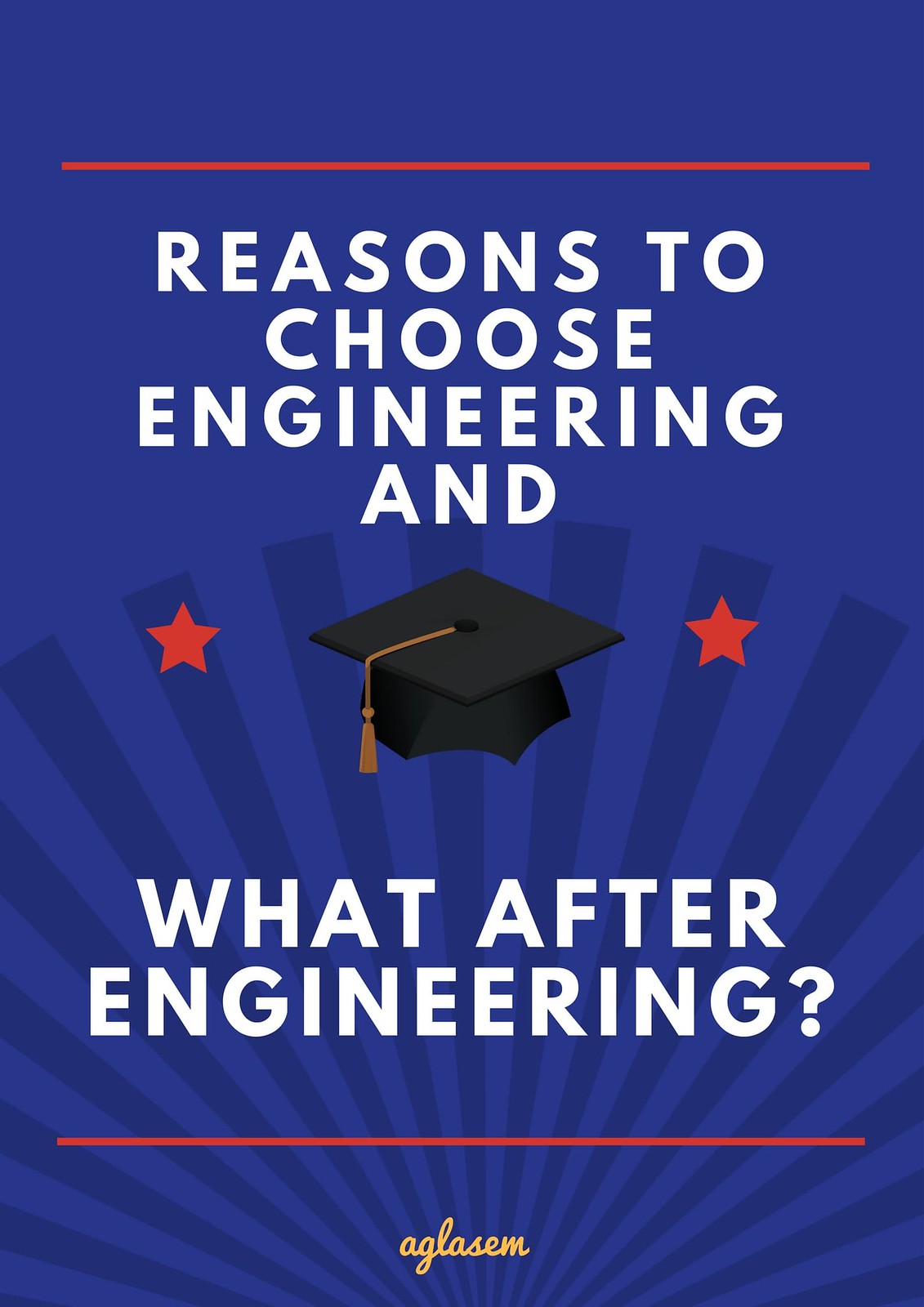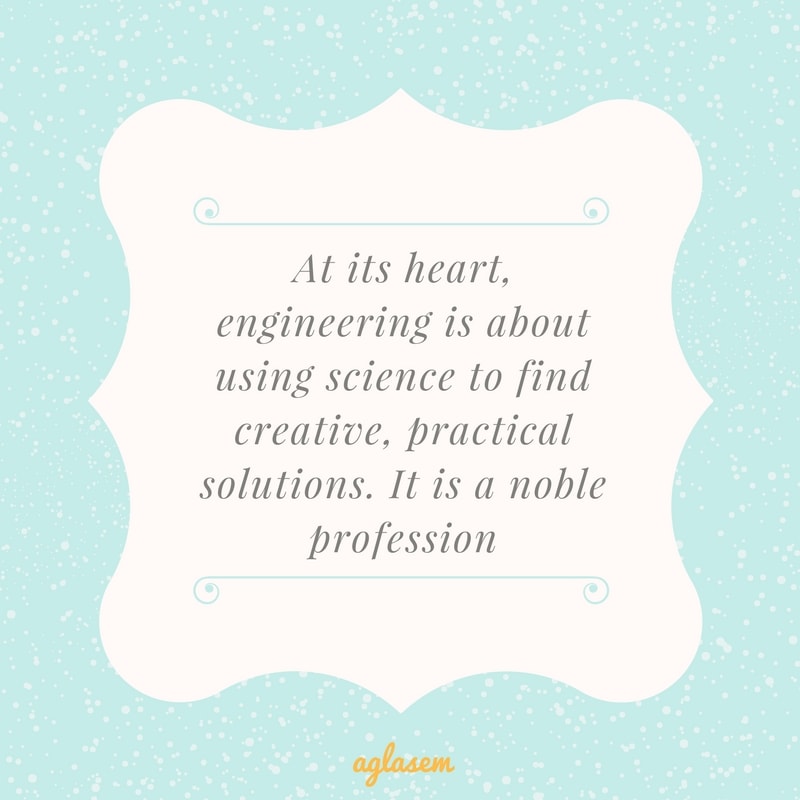
My friend is an HR in a company. She interviews people day in and day out. Inevitably, more than 50% candidates who come for interviews have a B.Tech degree in their folder. When she asks them why they had opted for engineering after class 12, their answers fall into any one of the following categories:
- Their parents told them to do it
- Their friends were going for engineering
- They were told to first do engineering and then MBA for a secure future.
While it is cringe-worthy that impressionable young minds are imposed such critical decisions through uninformed channels, the need of the hour inevitable seems to be to educate people about why should one go for engineering after all.
The true nature of engineering is to solve problems.
A civil engineer should be one who enjoys planning, designing and overseeing the building of structures and infrastructure. A computer engineer should want to understand computers and software. Likewise, a mechanical engineer is responsible for power producing machines and systems that we use in daily life and for world-changing devices alike. So if a person enjoys solving problems of such nature, they should go for engineering.
A person can truly explore one’s full capabilities as an engineer if he or she is at all interested in such a role.
There are so many disciplines in engineering. Here are some of them
- Mechanical engineering
- Electrical engineering
- Chemical engineering
- Construction engineering
- Aerospace engineering
- Electronic engineering
- Civil engineering
- Nuclear engineering
- Environmental engineering
- Petroleum engineering
- Mining engineering
- Computer engineering
- Agricultural engineering
- Industrial engineering
- Marine engineering
- Plastics engineering
- Ceramic engineering
- Food engineering
- Transportation engineering
- Structural engineering
- Engineering management
- Operations research
- Acoustical engineering
- Naval architecture
- Software engineering
- Nanoengineering
- Biological engineering
- Automation
- Systems engineering
- Automobile engineering
- Control engineering
- Production engineering
- Earthquake engineering
- Reliability engineering
- Telecommunication engineering
- Biomechanical engineering
- Sanitary engineering
- Business analytics
- Systems science
- Environmental engineering
- Aviation engineering
Most of them are taught at an undergraduate level. While some are available as specializations in postgraduate level.
First things first. First, decide whether you want to pursue engineering or not. Do not base your decisions on what others say. Instead, take a stock of the situation and decide what is best for you. Of course, it is wise to listen to others to gain knowledge, but always the decision should be yours.
How should I decide whether I want to do engineering or not?

You can decide whether you want to do engineering or not by understanding your own interests. Go through the list given above. Do any of these excite you? Is there anything in that list which makes you say to yourself “this is something I would enjoy”? If yes, then explore more on it, see what it is about, what is taught in that course. Then decide.
Next comes the scope of engineering.
There are many things you can do after you complete B.Tech such as
Get a job after engineering: Most colleges have campus placements. You can get a job through campus placement in that case, or apply off-campus to companies of your choice.
Higher studies: You can opt to study M.Tech or MS. For M.Tech, you can appear in exams such as GATE, PGEE, state-level M.Tech entrances. Or you can choose to go abroad to study Masters. You may also opt for MBA if you develop an interest in management.
Do a course: Courses such as those offered by CDAC which includes PG Diploma in Advanced Computing and such specializations gives you a better knowledge of specialized subjects.
Government job: You can appear for UPSC IAS, SSC CGL, state level IAS exams after graduation. Being from an engineering background gives you an analytical edge in competitive exams.
Research: The ultimate goal of engineering, as mentioned above, is to solve problems. Dive into research. Do something great. Join the ranks of the greatest scientists and engineers in this world; explore.






